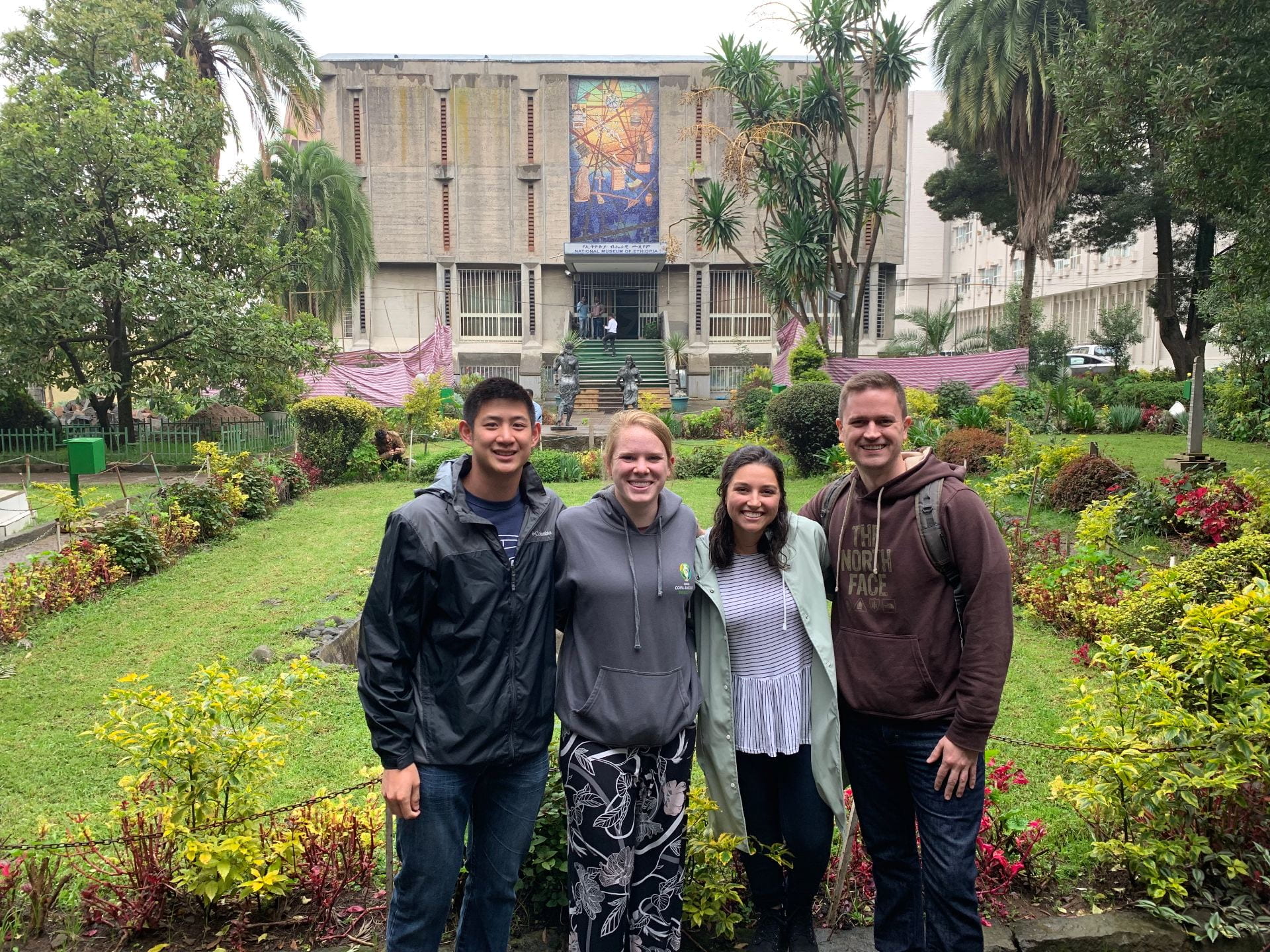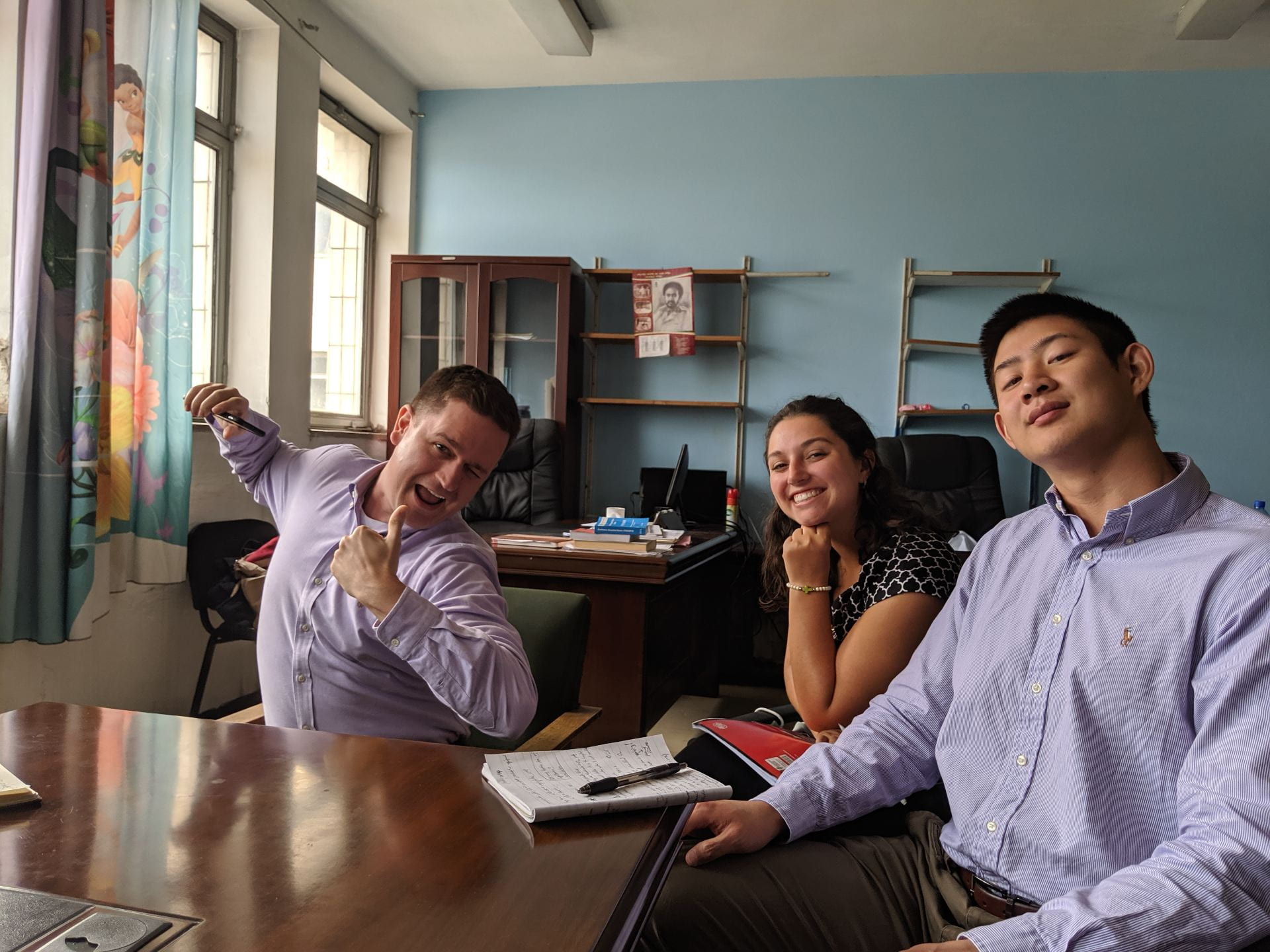Expanding Medical Technologies Across the World
Although biomedical innovation has dramatically advanced the effectiveness of health care, much of this innovation has focused exclusively on supporting doctors in high-income countries. However, over 10% of the world’s population lives in extreme poverty1, and one half of the world’s population lacks access to essential health services.
Per the Georgia Tech mission of “Progress and Service,” it is our responsibility as biomedical engineers to develop innovative solutions to address healthcare inequality by equipping excellent physicians with tools to provide top-notch care to all patients.
The Georgia Tech Global Health Capstone (GHC) program puts brilliant doctors in low-income countries or resource-limited environments at the center stage. Over the course of one year, GHC students have the opportunity to make a lasting impact by developing life-saving medical devices specifically created to address the unique clinical needs found in resource-constrained environments.
Customer discovery through international immersion:
Prior to the start of the Fall semester, students and instructors will travel together to the partner country (typically Addis Ababa, Ethiopia) for an intense week of interviewing doctors, nurses, biomedical engineers, and hospital administrators at every level of the healthcare system, across multiple health facilities. Through these conversations, students will identify what engineering challenge they will tackle through the rest of the course. Effectiveness at cross-cultural communication will be essential for success.
Focus on entire design process through two semesters of challenge:
Following their week of immersion, the students will be enrolled in BMED 4602, the typical BME Capstone course, in which they will develop a working prototype of their device. However, their deliverables will be modified to lead into their second semester, in which they will be preparing their prototype for clinical testing at local hospitals and manufacturing in the partner country. The spring term of this course, BMED 4603, will count as a depth elective.
Designing for local manufacturing and servicing in partner country
To ensure sustainability of the device in the partner country, the team will be challenged to design a device that not only meets a clinical need of the partner country, but also is both locally manufacturable and serviceable in the partner country. Thus, the team must be prepared to use their creativity and research skills to design under significantly different design constraints than their peers. By the end of the Spring term, students should have a complete manufacturing package ready to be handed off to local manufacturers in the partner country.
Preparing and executing benchtop and clinical testing
Although all BME capstone teams must demonstrate the effectiveness of their device prototype, the GHC team will be challenged from the beginning of the Fall term to develop a robust benchtop testing system, potentially including prototyping a testing rig in parallel with prototyping their device. These benchtop tests will be used to demonstrate safety and potential effectiveness of the device in an IRB protocol for clinical testing in Atlanta and in the partner country.
Potential partnerships with additional Emory and GT students
Throughout the year, the team may have the opportunity to be supported by MD and MPH students from Emory University, who may help with the preparation and execution of clinical testing. Additionally, VIP (Vertically Integrated Project) students may support the teams through additional testing and design support.


